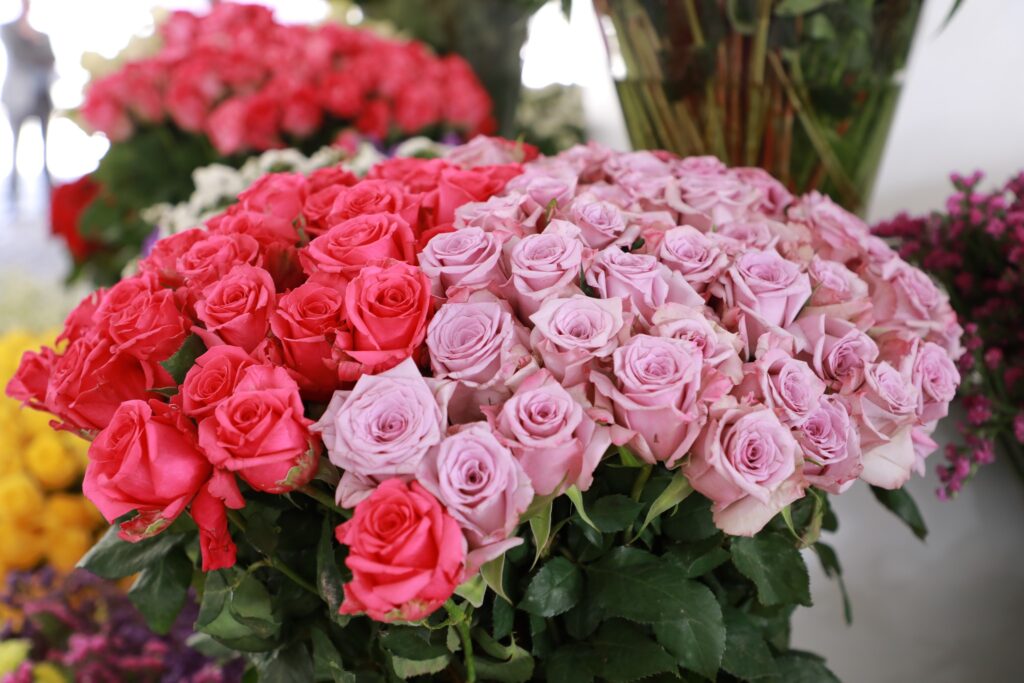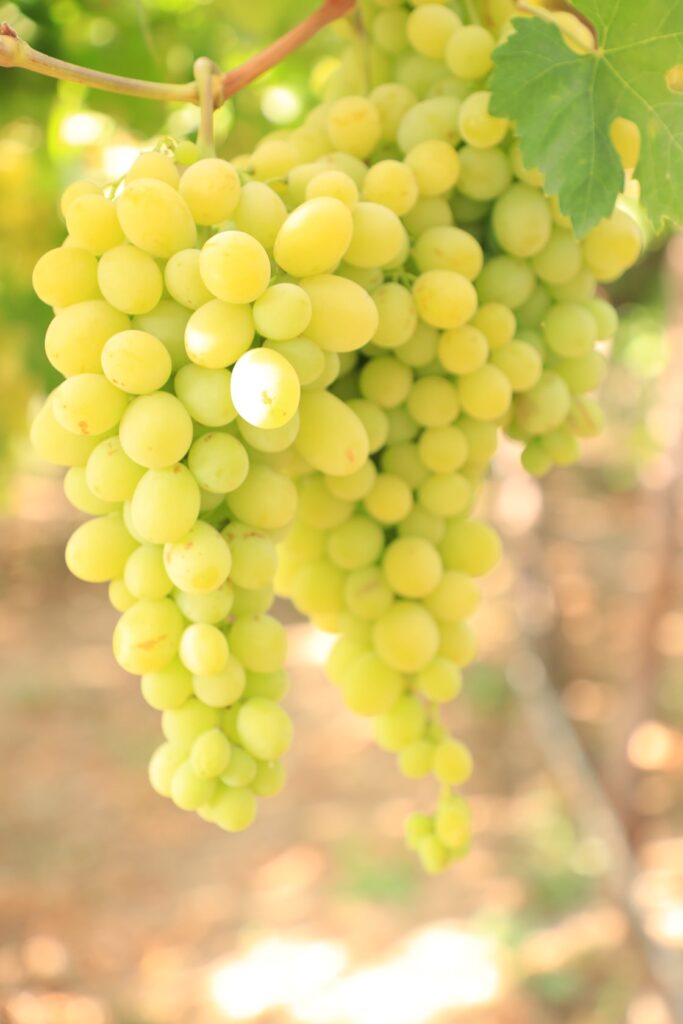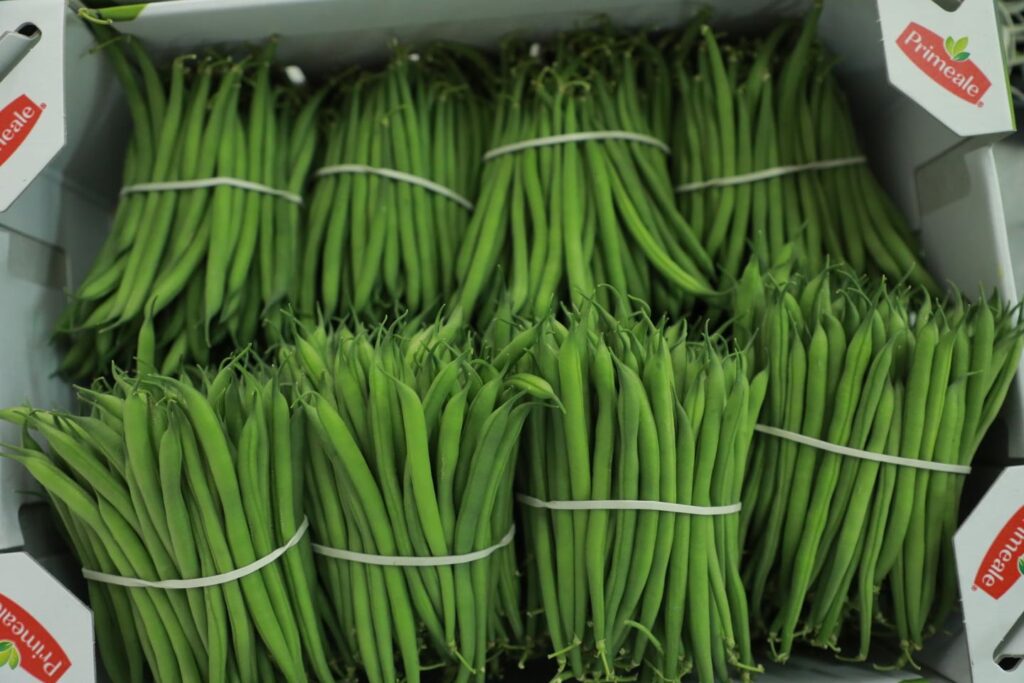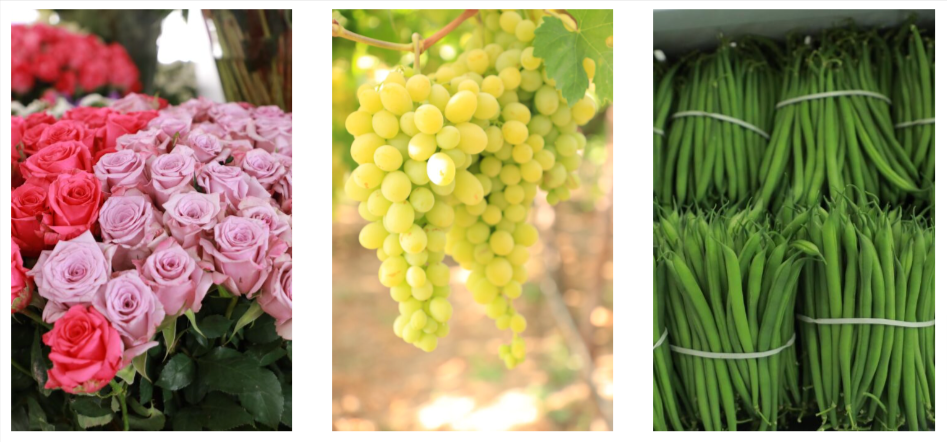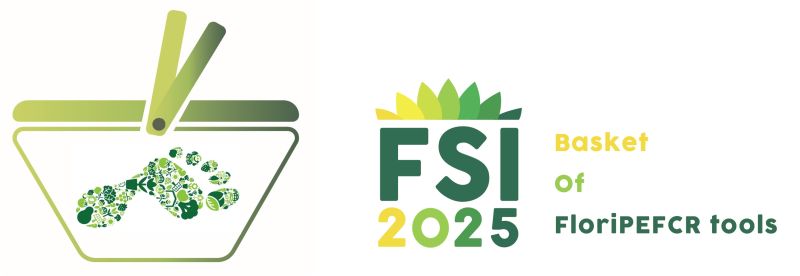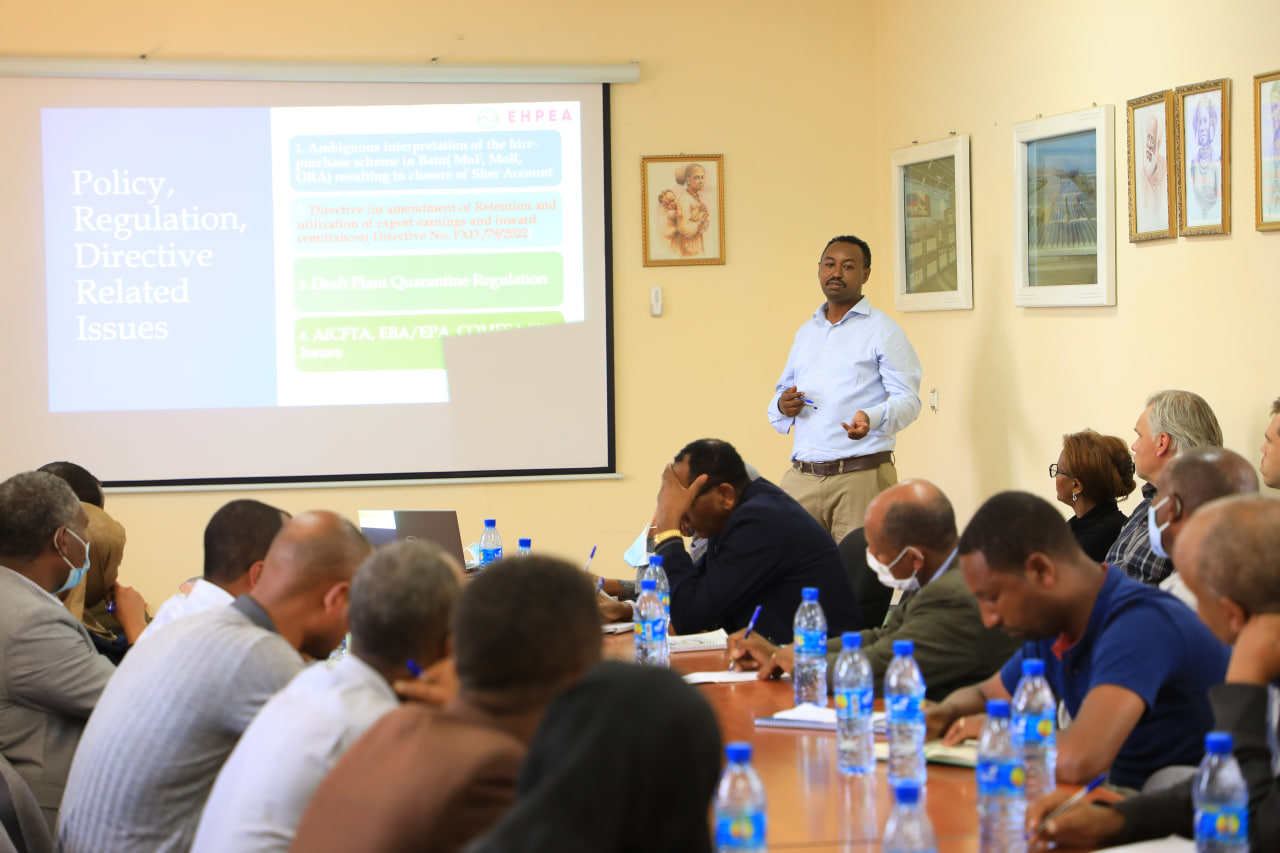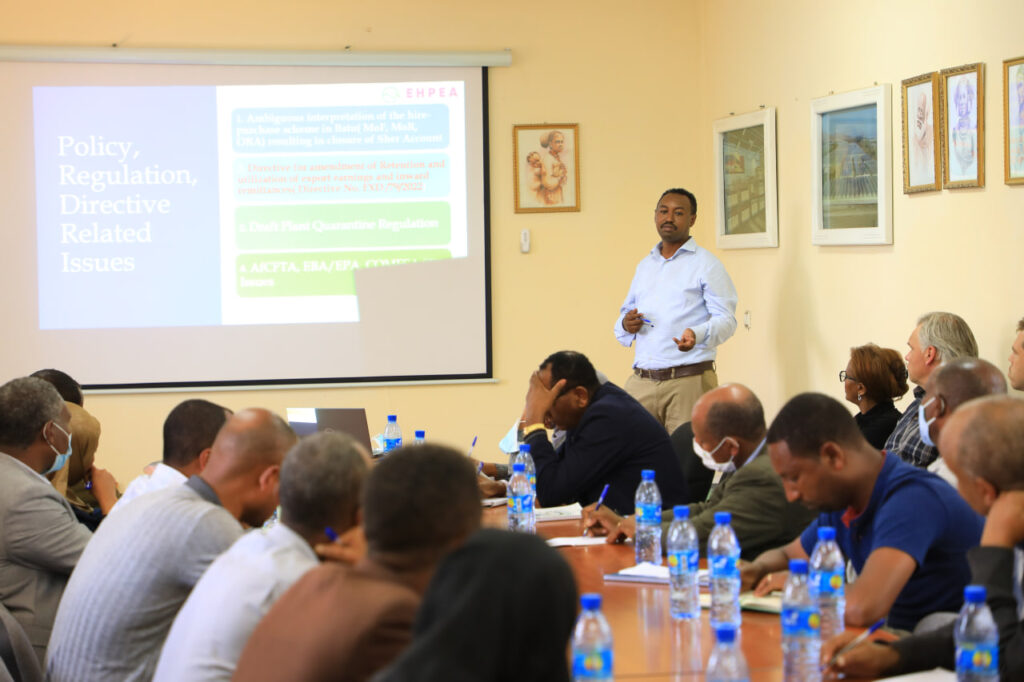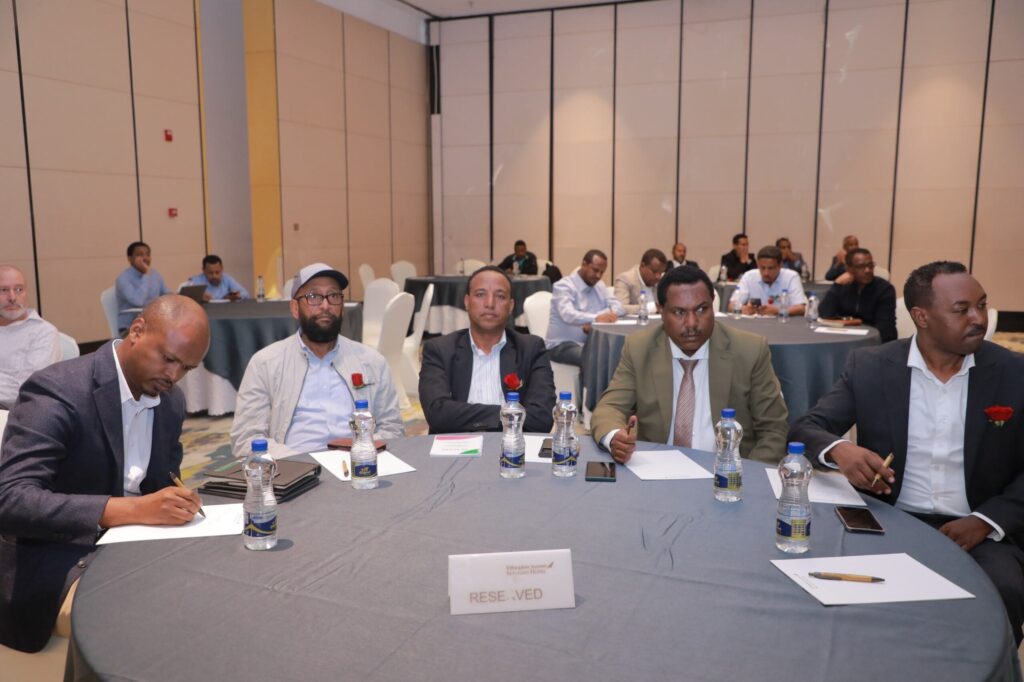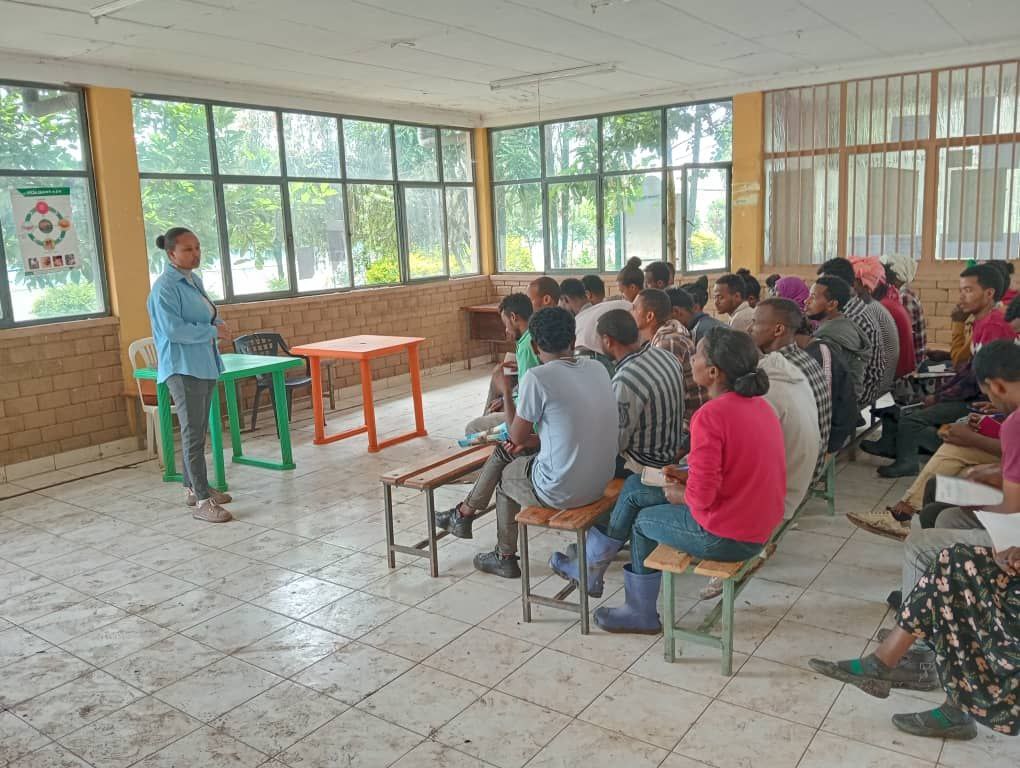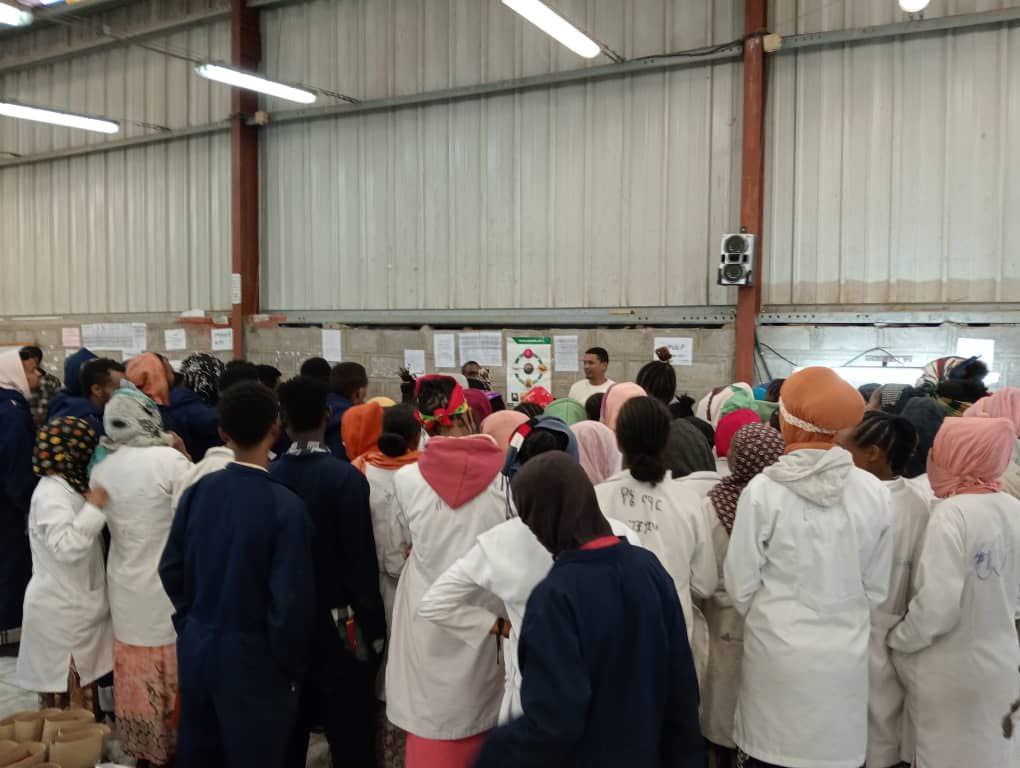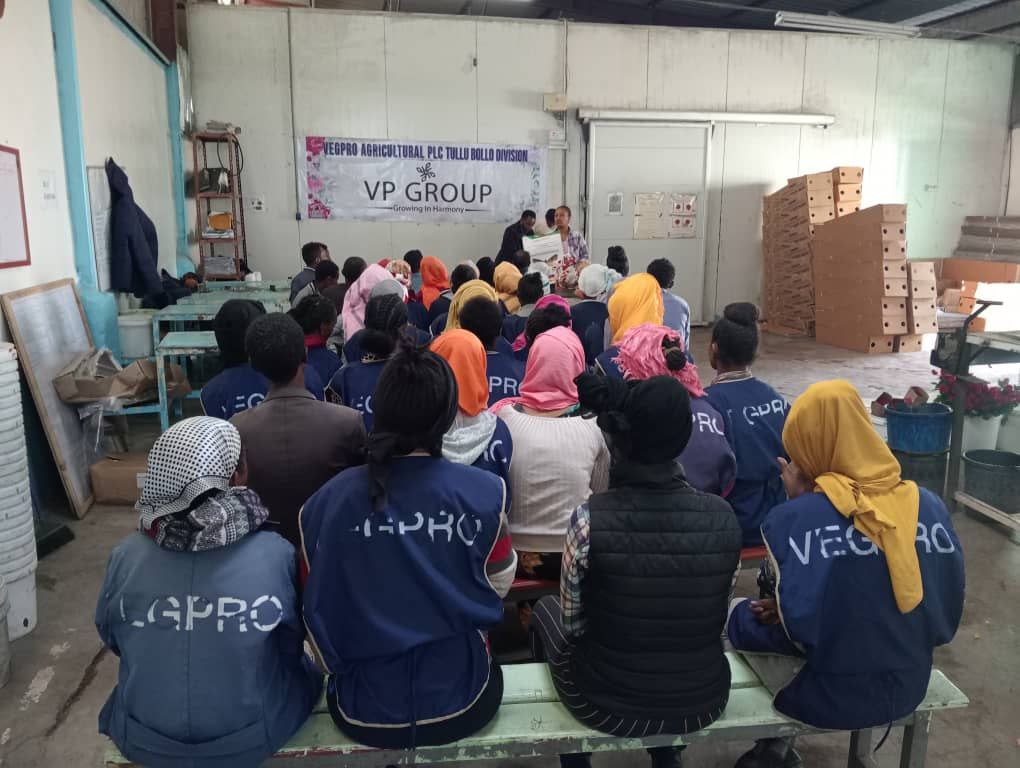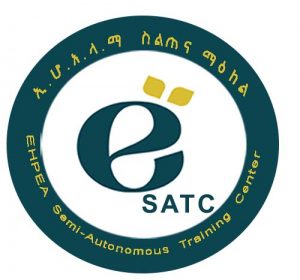The Ethiopian horticulture industry is on the cusp of a new era with the upcoming national validation workshop for the draft National Horticulture Strategy scheduled for Thursday, July 18th, 2024, the workshop brings together key stakeholders to finalize a strategy that will address critical challenges and propel Ethiopia’s horticulture sector to international competitiveness.
High-Level Participation Expected:
The workshop will be a landmark event, attracting ministers, regional state presidents, commissioners and directors general from relevant government institutions, private sector representatives, academics and researchers, members of the Ethiopian Horticulture Producer Exporters Association (EHPEA), and more.
Addressing Industry Bottlenecks:
The strategy aims to identify and eliminate the major obstacles currently hindering the industry’s growth. By tackling these bottlenecks, Ethiopia can unlock its full horticultural potential and compete effectively on the global stage.
Collaborative Development:
The draft strategy is the result of a collaborative effort. Renowned experts from various ministries (Agriculture, Trade and Regional Integration, Industry), research institutions (Ethiopian Institute of Agricultural Research, Agricultural Transformation Institute), and key organizations (Ethiopian Maritimes Authority, Ethiopian Investment Commission) have contributed their expertise under the guidance of H.E. Dr. Girma Amente, Minister for Ministry of Agriculture.
EHPEA’s Advocacy Realized:
The upcoming validation workshop marks a significant achievement for EHPEA, which has long championed the development of a national strategy to guide the future of Ethiopian horticulture.
Validation workshop on the draft National Horticulture Strategy
